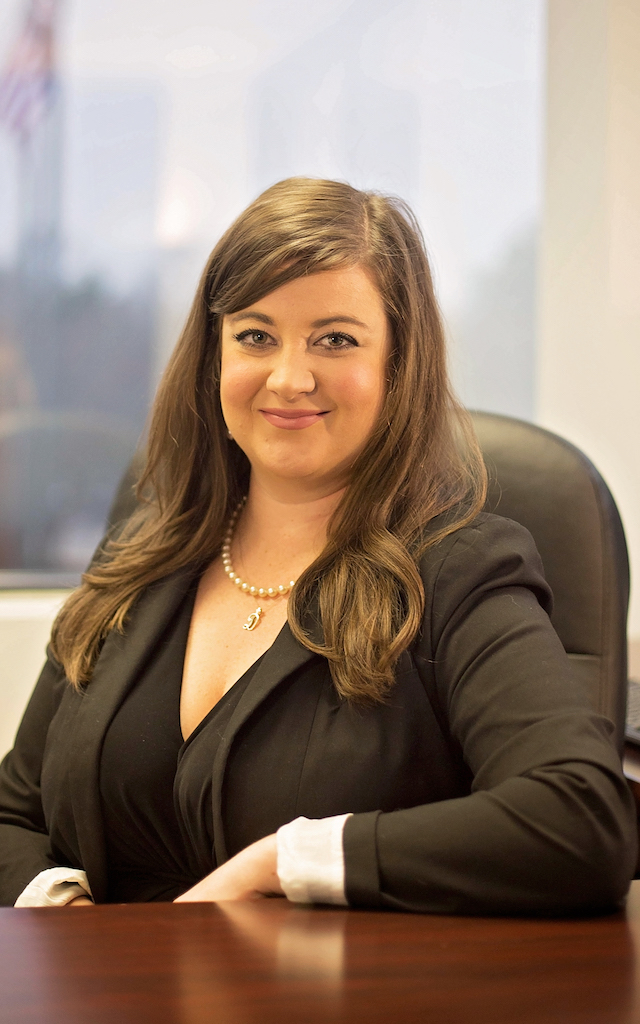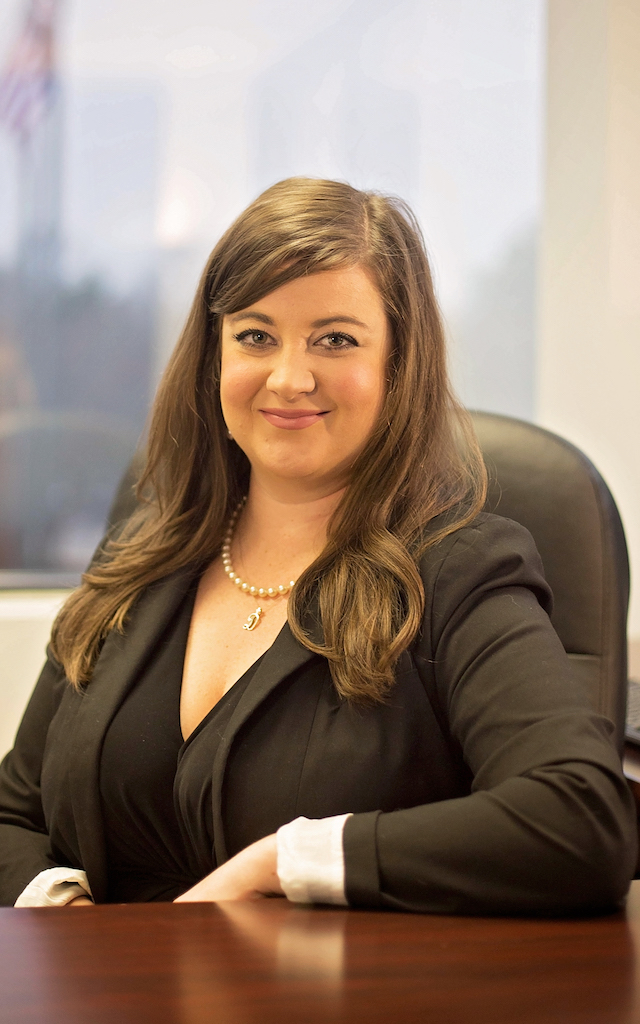Info Center
Pro Se Debtors: Deficiencies, Inefficiencies, and Possible Solutions

By Amanda DeBerry Koehn and Angela Haen ¹
From a debtor’s perspective, filing bankruptcy is an expensive proposition. In addition to the court filing fee and mandatory credit counseling course, there is the cost of an attorney to represent them throughout the process.
The solution being chosen with increasing frequency is to file pro se, without the assistance of an attorney. Unfortunately, within the bankruptcy system, pro se filers create problems for themselves and the rest of the bankruptcy system’s participants, from trustees, to judges, to themselves.
Debtors hurt themselves by filing pro se, particularly in two areas: loss of assets and failure to receive a discharge. Pro se filers routinely do not obtain the clean slate they are seeking, because their cases are dismissed. Common reasons for this are failure to attend the 341 hearing, failure to file the required schedules, or failure to provide the trustee with required documentation.
The problem is growing. The number of pro se filers has increased for a number of reasons, includ- ing the recession and an increase in attorney fees after BAPCPA implemented changes that made filing a bankruptcy more difficult and time consuming. Nationwide numbers show that in the five years following BAPCPA, pro se bankruptcy filings grew at a faster rate than overall bankruptcy filings. ²
Petition and Plan Content
The first hurdle for a pro se debtor is the prepara- tion of a complicated series of paperwork. Most pro se debtors likely have had little interaction with the legal system, and they prepare the petition with the advice of well-intentioned friends and family members, and, of course, the internet. Even in situations where the debtor is able to complete the majority of the paperwork, the debtor will misunderstand key areas and, and therefore, incorrectly complete the paperwork.
For example, a debtor will improperly fill out Schedule C exemptions. In fact, Schedule C was one of the first identified problem areas in the authors’ discussions with Trustees, as well as in general observation of 341 meetings and court hearings. Clara Swanson, a Chapter 7 Trustee in the Eastern District of Virginia, informed the authors that pro se filers in Chapter 7 cases often have asset cases, usually due to the debtors’ failure to properly exempt tax refunds. Without the help of an attorney, pro se debtors often file a bankruptcy without understanding that they can lose assets.
Pro se filers often harm themselves because they do not understand what they are doing. Trustees report that pro se filers do not understand basic terms such as secured, unsecured, priority, or exemption. Bruce Matson, a Chapter 7 Trustee in the Eastern District of Virginia, reported that one of his main concerns is the fundamental integrity of most pro se cases. Matson stated, “I never feel as though the debtors understood their obligations or that everything has been properly disclosed.” A pro se debtor may set out to wipe away his debts and get a fresh start, but if he does not understand the bankruptcy process, then he might fail to discharge debts or lose assets.
341 Meetings and Court Appearances
Trustees, debtor’s attorneys, and creditor’s attorneys agree that efficiency is a core problem with pro se debtors, particularly with regard to 341 hearings. Norfolk and Newport News Chapter 13 Trustee Michael Cotter stated that, “In almost every instance, at the 341 meeting I advise [pro se debtors] to the deficiencies and then adjourn the hearing to my next date . . . . Petitions are nearly always so deficient that I am unable to conduct a meaningful meeting of creditors.” Due to a lack of understanding of the intricacies of the bankruptcy system, made all the more complex under BAPCPA, trustees spend significantly more time with pro se debtors than those debtors who are represented by an attorney. The trustees have to take time to explain the terms, the deficiencies, and the corrections. During these explanations, the trustees walk a fine line between explaining the terms and advising the debtors.
Pro se debtors are more likely than debtors represented by an attorney to appear in front of a judge multiple times during the pendency of their case. Pro se cases frequently require fee waiver applications, and there are high instances of motions to dismiss for everything from document deficiencies to failure to make plan payments. As a result, pro se debtors are almost inevitably going to be taking up more of the Court’s time and resources than debtors who are represented by counsel.
Petition Preparers
In an attempt to save the cost of hiring an attorney and yet receive some assistance with the bankruptcy filing, pro se filers may hire a petition preparer. However, these filings also present problems. Cotter stated that “[p]etitions filed by pro se filers who had the assistance of petition preparers are generally better prepared than those of pro se filers who did not have such assistance.” However, Cotter qualified that statement by stating that the documents were also frequently incorrect or incomplete.
Pro se debtors who use a petition preparer, and those who do not, generally fail to give the trustee the correct documents at the correct time. In addition, pro se filers are sometimes harmed by petition preparers who purport to act as legal counselors. One petition preparer in the Western District of Virginia was recently reprimanded in two different cases, In re Oliphant ³ and In re Brown. ⁴ The Court in both of these cases found that a petition preparer provided legal advice in violation of Section 110 of the Bank- ruptcy Code. In Oliphant, the petitioners, a married couple, paid the petition preparer $11,000 in fees and they lost four pieces of land.
The Bankruptcy Code regulates petition preparers in section 110. However, they can be regulated only if they disclose their assistance to the debtor. Section 110 requires, among other things, that the petition preparer disclose that he provided assistance. Petition preparers frequently fail to comply with this rule. The Office of the United States Trustee may have problems identifying problematic petition preparers where the petition preparer is not disclosed. Swanson noted that she can usually tell when a pro se filer has used a petition preparer, even if the preparer is not disclosed, based on Schedule B. If Schedule B lists a tax refund or a garnishment as an asset, then likely a petition preparer assisted the debtor. Furthermore, Swanson stated that the pro se debtors are apprehensive about disclosing the petition preparer because they think doing so will prejudice their bankruptcy case.
Dismissal of Pro Se Cases
Cotter stated that out of at least one hundred pro se debtors who have appeared before him at their 341 meetings, he is aware of only one single case being confirmed. Carl Bates, a Chapter 13 Trustee in Richmond, agreed that cases filed by pro se debtors are very rarely confirmed and almost never receive a discharge. Pro se cases often are dismissed early in the life of the case. Through an analysis of PACER filings, it appears that pro se debtors received a discharge in only 3% of Chapter 13 cases filed 2009 – 2013 in the Eastern District of Virginia. This is in sharp contract to the 71% of Chapter 7 pro se cases that received a discharge. However, a discharge in pro se Chapter 7 cases might actually hurt the debtor because in addition to receiving a discharge the debtor loses assets, such as unexempt tax refunds or money in bank accounts.
Solutions
One of the recurring themes emphasized by the Trustees cited in this article was that pro se cases, at all stages of the bankruptcy case, and regardless of chapter, are inefficient. Inefficiencies occur where schedules must be corrected and refiled, where hearings must be unnecessarily set, and where trustees and the Clerk’s office must take additional time to resolve matters that most counsel could handle routinely.
The most obvious solution is, of course, for every debtor to have legal representation. The expenses of legal representation are curtailed in some instances by legal services. There are some jurisdictions, such as in the Western District of Virginia, where Southwest Virginia Legal Aid Society will file bankruptcy cases on behalf of indigent debtors. Some law schools have started Bankruptcy Clinics with the same goal in mind, such as those at New York University, University of Minnesota, and Rutgers University.
Recently the Richmond Bar Association, Bankruptcy Section, has begun an initiative to get local attorneys to file more pro bono no asset Chapter 7 cases. The timing could not have been better, with a recent influx of petitions filed in the Richmond division by pro se debtors who were aided by an undisclosed petition preparer. The Eastern District of Virginia judges support this initiative and promulgated Rule 2090-1(M), which allows attorneys to represent “natural person[s] on a pro bono basis” without being deemed a “debt relief agency.”
The local legal aid agencies in the Richmond area do not file bankruptcies, but some, such as the Central Virginia Legal Aid Society, the Greater Richmond Bar Foundation, and the Legal Aid Society for Eastern Virginia, do collect applications to help indigent debtors find pro bono counsel. The Legal Aid Society for Eastern Virginia reports that applications for bankruptcy legal services increased 10% from 2013 to 2014. Bates indicated that many pro se debtors inform him that they were not aware that they could pay an attorney through their bankruptcy case and had just assumed they would not be able to afford an attorney. If more debtors had the opportunity to learn about these various options, it may make it less likely that they would file pro se.
¹ Amanda and Angela are lawyers who practice in our Richmond and Hampton offices.
² http://www.uscourts.gov/services-forms/bankruptcy/filing-without-attorney
³ In re Oliphant, 511 B.R. 773 (Bankr. W.D. Va. 2014).
⁴ In re Brown, 505 B.R. 716 (Bankr. W.D. Va. 2014).
* Posted with permission from the publisher Virginia State Bar
Download PDF
Amanda DeBerry Koehn
Amanda DeBerry Koehn is a Shareholder at the Boleman Law Firm and manages the Richmond office’s post-filing department. She focuses her practice on litigation and post-filing issues in Chapter 7 and Chapter 13 bankruptcy cases, including managing the motion for relief and objection dockets. Amanda primarily practices in the firm’s Richmond office, however, she covers dockets and litigates cases in the Richmond, Newport News, and Norfolk Bankruptcy Courts. She has litigated numerous matters, including the dischargeability of obligations arising from divorce, landlord-tenant, and business debts.
Amanda is licensed to practice in Texas and Virginia and is admitted to the Eastern District of Virginia District Courts and Bankruptcy Courts. She grew up in south Texas, attending Texas A&M University for her undergraduate degree, before moving to Virginia to attend William & Mary School of Law. Amanda lives in Richmond with her husband, Scott, and their two dogs.
©2024 Boleman Law Firm, P.C.
